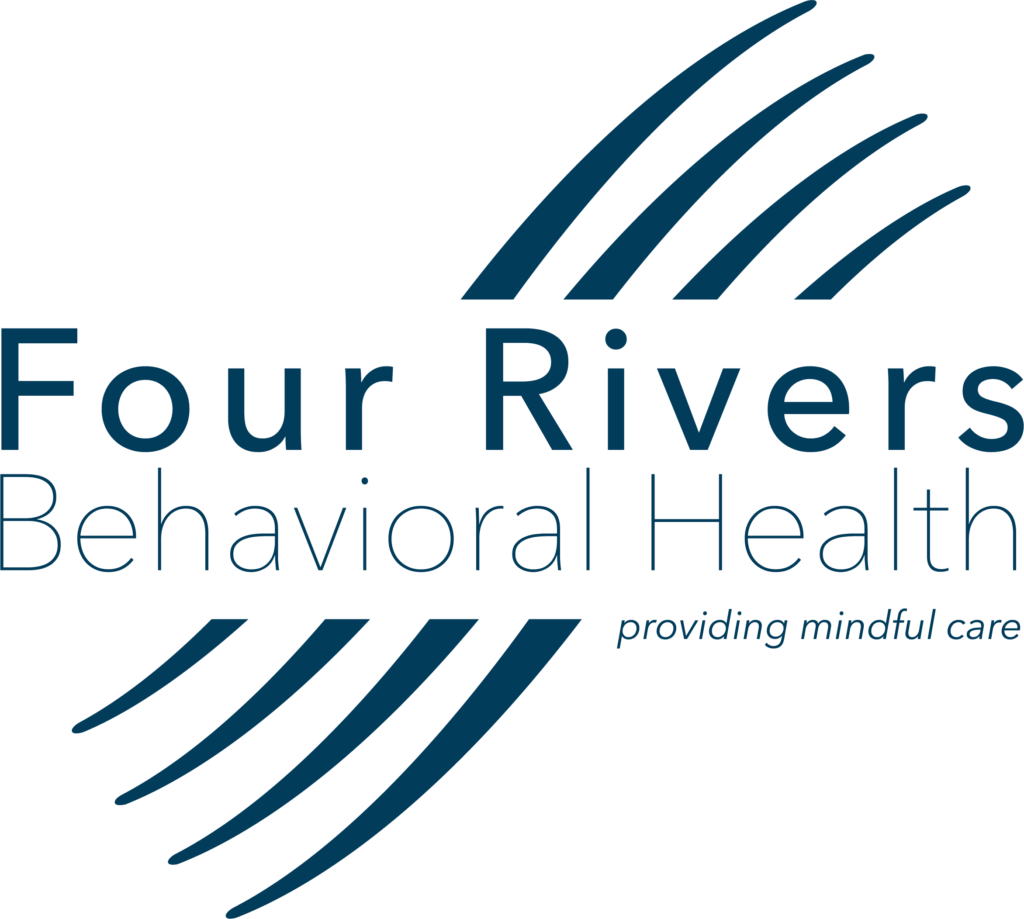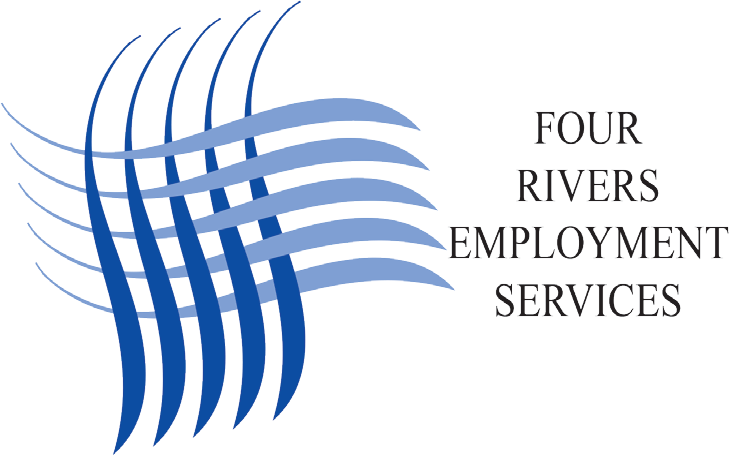There are several different kinds of stress related disorders. Our clinicians can work with you to identify the causes of your stress and develop a plan that is right for you. Types of stress disorders can include
Acute Stress Disorder: Occurs in individuals without any other apparent psychiatric disorder, in response to exceptional physical/or psychological stress.
While severe, such reactions usually subside within hours or days.
Acute Stress Disorder can be brought on by an overwhelming traumatic experience like an accident or physical assault. It can also occur when there is an unusual or sudden change in social circumstances, such as multiple bereavement. Individual vulnerability and coping capacity plays a role in the occurrence and severity. This differs from Post Traumatic Stress Disorder in that the symptoms are usually immediate but do not necessarily last a long time.
Acute Stress Disorder usually has the following symptoms:
- An initial state of DAZE with some constriction of the field of consciousness and narrowing of attention
- An inability to comprehend stimuli
- Disorientation followed either by further withdrawal from the surrounding situation to the extent of a dissociative stupor or by agitating and over activity.
- Sweating
- Hyperventilation
Post Traumatic Stress Disorder: PTSD arises as a delayed and/or protracted response to a stressful event or situation of an exceptionally threatening nature and likely to cause pervasive distress in almost anyone.
Causes of PTSD vary. A few examples of causes are things like Natural Disasters, War, A Serious Accident or being the victim of sexual abuse or rape. Some predisposing factors for PTSD are related to Personality Traits or perhaps a previous history of psychiatric issues. Typical symptoms may include “Flashbacks”, intense distress at exposure to events that symbolize or resemble an aspect of the traumatic event, including anniversaries of the trauma, an avoidance of activities and situations reminiscent of the trauma, emotional blunting or “numbness”, a sense of detachment from other people, suicidal thoughts and more.
If you are considering harming yourself, please contact us. You can talk to someone 24 hours a day, 7 days a week by calling our toll-free Crisis Line at 800.592.3980. For more information about available treatments, find our contact information at the bottom of this page.



